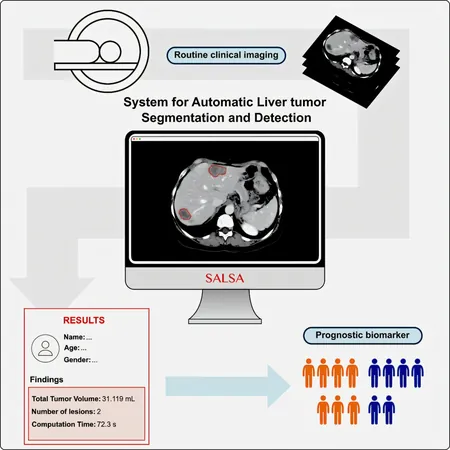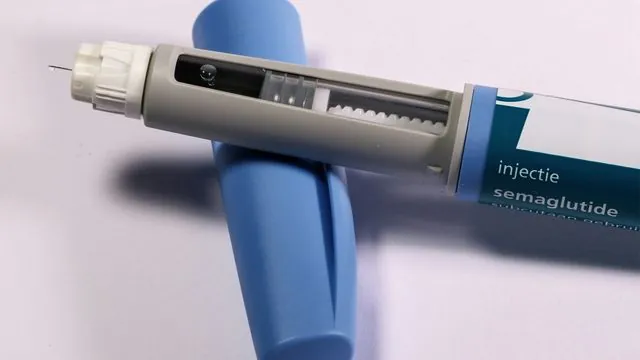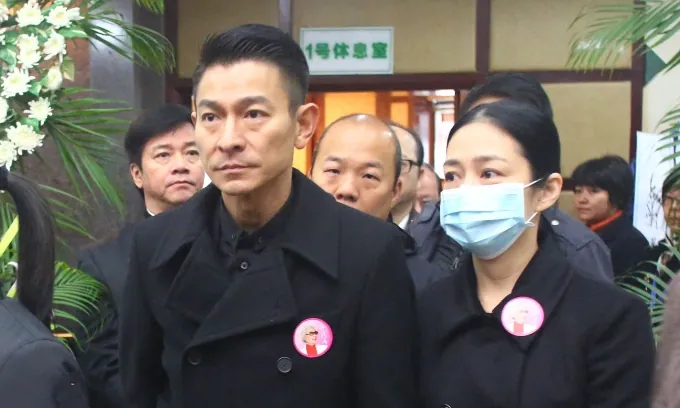
Revolutionary AI Tool Transforms Liver Tumor Detection and Monitoring
2025-05-06
Author: Arjun
Groundbreaking AI Technology for Cancer Detection
Researchers at the Vall d'Hebron Institute of Oncology have made a remarkable leap in cancer detection with their innovative tool, SALSA (System for Automatic Liver tumor Segmentation And detection). This advanced, fully automated, deep learning-driven system is designed to detect and monitor liver tumors, specifically hepatocellular carcinoma (HCC), more accurately than ever before.
Tackling the Challenges of Tumor Analysis
Medical imaging, especially computed tomography (CT) scans, plays a vital role in oncology, providing crucial insights for detecting cancer, planning treatments, and evaluating responses. However, accurately outlining tumors—known as tumor contouring—has long been a slow and error-prone process, often leading to inconsistencies among diverse medical experts.
A New Hope for Liver Cancer Patients
Hepatocellular carcinoma, typically diagnosed in its advanced stages, presents limited treatment options and poor prognosis. Compounding the challenge, the liver frequently serves as a site for metastases from other cancers, adversely affecting treatment outcomes. SALSA aims to revolutionize this situation by directly analyzing medical images to autonomously pinpoint and outline both primary and metastatic liver tumors.
The Science Behind SALSA's Success
To develop and refine SALSA, the research team utilized the nnU-Net segmentation method and incorporated data from an extensive dataset comprising 1,598 CT scans reflecting 4,908 liver tumors. This robust training enabled SALSA to achieve exceptional precision in tumor detection and quantification, significantly outpacing previous state-of-the-art models and even human radiologists.
Impressive Detection Accuracy
According to the researchers, SALSA boasts an impressive accuracy rate of over 99% at the patient level and nearly 82% accuracy in detecting individual lesions during external validation. This cutting-edge AI tool offers unparalleled precision in identifying liver cancer on CT images, enhancing the ability to gauge tumor burden—a critical element in successful cancer therapy.
Shaping the Future of Personalized Oncology
The VHIO's Radiomics Group emphasizes the importance of imaging biomarkers like tumor volume, density, and texture in progressing towards personalized cancer care. Current standards often fall short, only measuring tumor diameter in 2D. SALSA could change this paradigm by enabling comprehensive assessments of total tumor volume and other critical parameters to improve therapeutic decision-making.
Conclusion: A Transformative Tool for Liver Cancer Management
With its high efficacy and reliability, SALSA is poised to redefine liver cancer management, offering the ability to evaluate treatment response more accurately and support better outcomes for patients. As researchers continue to validate this groundbreaking tool, the future of cancer detection and treatment looks increasingly promising.




 Brasil (PT)
Brasil (PT)
 Canada (EN)
Canada (EN)
 Chile (ES)
Chile (ES)
 Česko (CS)
Česko (CS)
 대한민국 (KO)
대한민국 (KO)
 España (ES)
España (ES)
 France (FR)
France (FR)
 Hong Kong (EN)
Hong Kong (EN)
 Italia (IT)
Italia (IT)
 日本 (JA)
日本 (JA)
 Magyarország (HU)
Magyarország (HU)
 Norge (NO)
Norge (NO)
 Polska (PL)
Polska (PL)
 Schweiz (DE)
Schweiz (DE)
 Singapore (EN)
Singapore (EN)
 Sverige (SV)
Sverige (SV)
 Suomi (FI)
Suomi (FI)
 Türkiye (TR)
Türkiye (TR)
 الإمارات العربية المتحدة (AR)
الإمارات العربية المتحدة (AR)